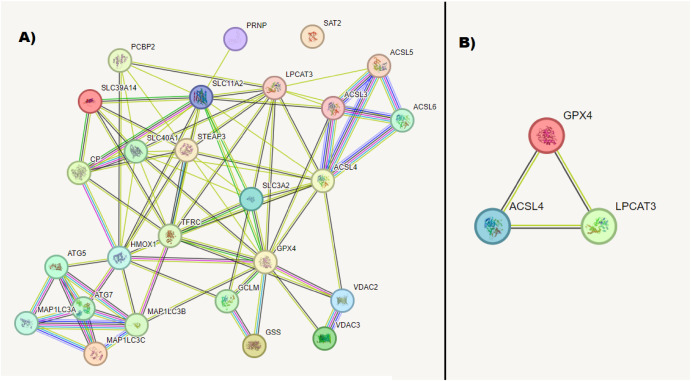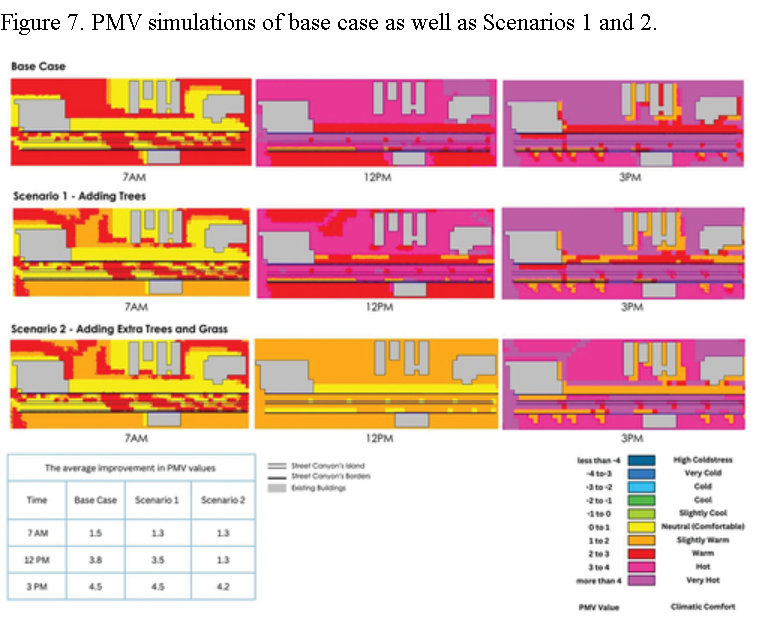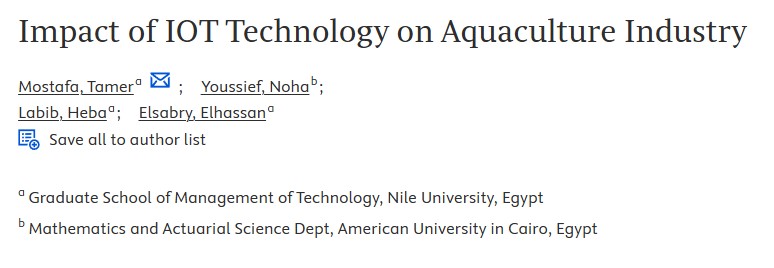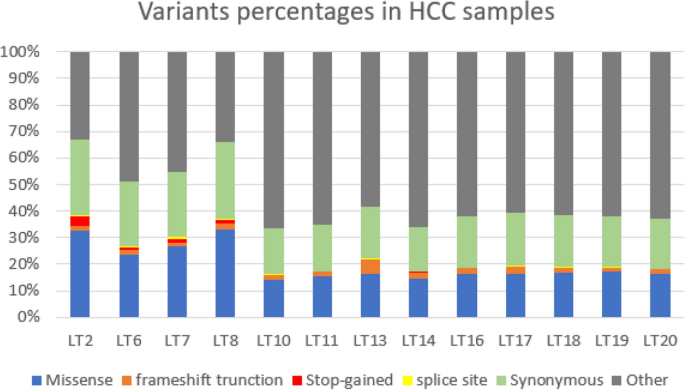
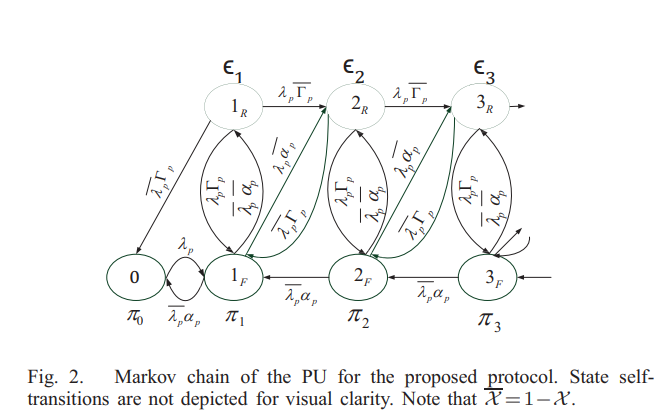
Maximum throughput of a secondary user cooperating with an energy-aware primary user
This paper proposes a cooperation protocol between a secondary user (SU) and a primary user (PU) which dedicates a free frequency subband for the SU if cooperation results in energy saving. Time is slotted and users are equipped with buffers. Under the proposed protocol, the PU releases portion of its bandwidth for secondary transmission. Moreover, it assigns a portion of the time slot duration for the SU to relay primary packets and achieve a higher successful packet reception probability at the primary receiver. We assume that the PU has three states: idle, forward, and retransmission states. At each of these states, the SU accesses the channel with adaptive transmission parameters. The PU cooperates with the SU if and only if the achievable average number of transmitted primary packets per joule is higher than the number of transmitted packets per joule when it operates alone. The numerical results show the beneficial gains of the proposed cooperative cognitive protocol. © 2014 IFIP.
